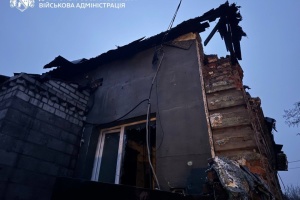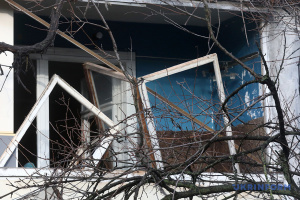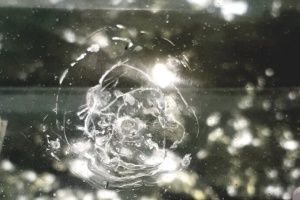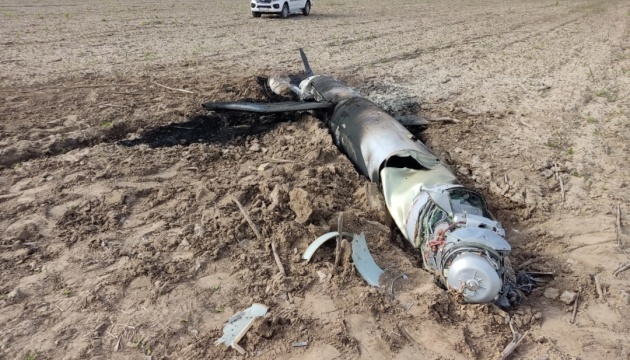
Western-made electronics in Russian weapons: what experts find
The Russian Federation continues to circumvent sanctions on technology, allowing it to manufacture weapons and attack Ukraine. The main high-tech component of missiles and drones, without which they could not exist, is not produced in Russia, but in the United States, Germany, the Netherlands, and other countries.
In 2023, despite the sanctions, Russia was able to import more than USD 1 billion worth of weapons chips.
According to Bloomberg, these are high-tech chips made in the United States and Europe.
On February 21, 2024, ambassadors of the EU member states agreed on the 13th package of sanctions against Russia for its aggression against Ukraine. It will go through a written approval procedure and will be officially adopted on February 24.
So, what kind of prohibited electronics are found in the downed Russian weapons? How does Russia get it despite the sanctions bans?
30,000 FORENSIC EXAMINATIONS ON THE FACTS OF RUSSIA'S MILITARY AGGRESSION AGAINST UKRAINE IN A YEAR
Kyiv Scientific Research Institute of Forensic Expertise of the Ministry of Justice, one of the oldest state expert institutions in Ukraine, was established on July 4, 1913. Today, the Institute's specialists perform almost 100 different types of research and work in an intensive mode.
The central office and regional offices employ nearly 400 people and operate 9 expert laboratories. The Institute's experts were involved in international investigations, including the downing of the civilian passenger plane MH17 and the civilian passenger plane of Ukraine International Airlines Flight 752.
In 2023 alone, the experts of the Kyiv Scientific Research Institute of Forensic Expertise conducted more than 50,000 forensic examinations, of which about 30,000 were related to the facts of Russia's military aggression against Ukraine. These examinations include not only the analysis of Russian weapons, but also engineering and technical studies of the destruction of property as a result of military events, economic examinations to assess the damage caused to the state and citizens, as well as computer and technical examinations of the aggressor's equipment and electronic means.
The International Criminal Court (ICC) mission also regularly works on the basis of the Institute.
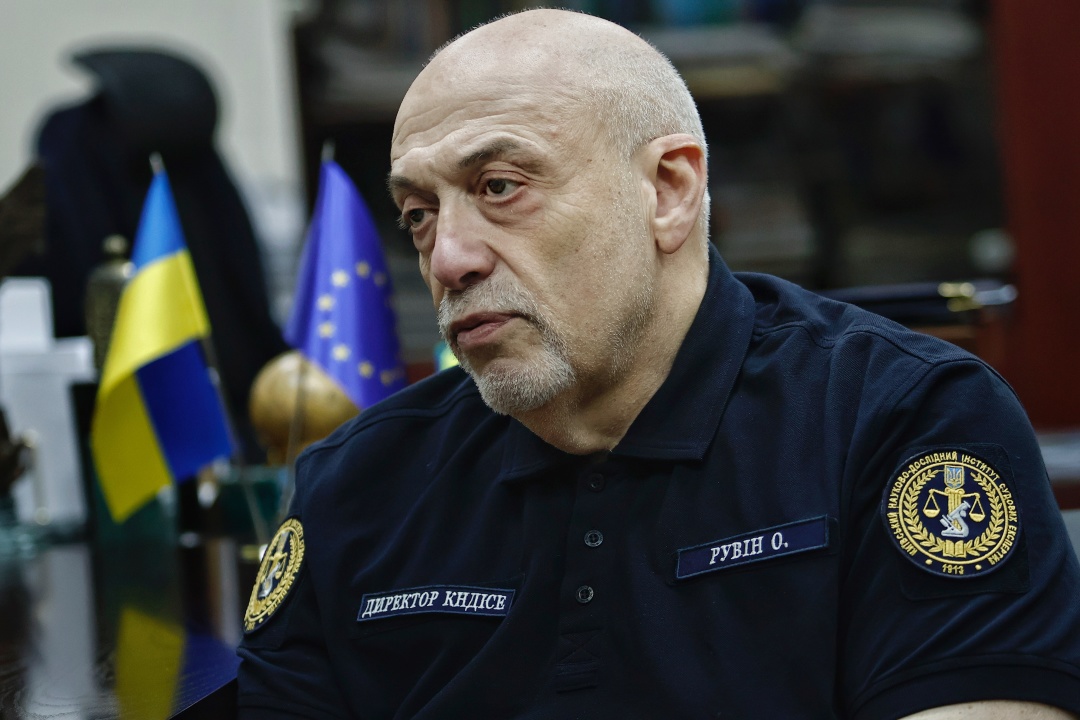
ICC investigators, prosecutors and experts work with Ukrainian specialists virtually side by side.
"It is worth starting with the fact that military examinations have been carried out at Kyiv Scientific Research Institute of Forensic Expertise since the beginning of Russia's military aggression against Ukraine in 2014. At that time, it was a relatively new type of research, even now it is carried out only in a few expert institutions of the European Network of Forensic Science Institutions, of which Kyiv Scientific Research Institute of Forensic Expertise is a member. Over the years, we have managed to collect certain developments, gain and deepen the experience of military research and ultimately maintain a well-coordinated and effective work at the time of the full-scale Russian military invasion," Oleksandr Ruvin, Director of Kyiv Scientific Research Institute of Forensic Expertise, tells Ukrinform.
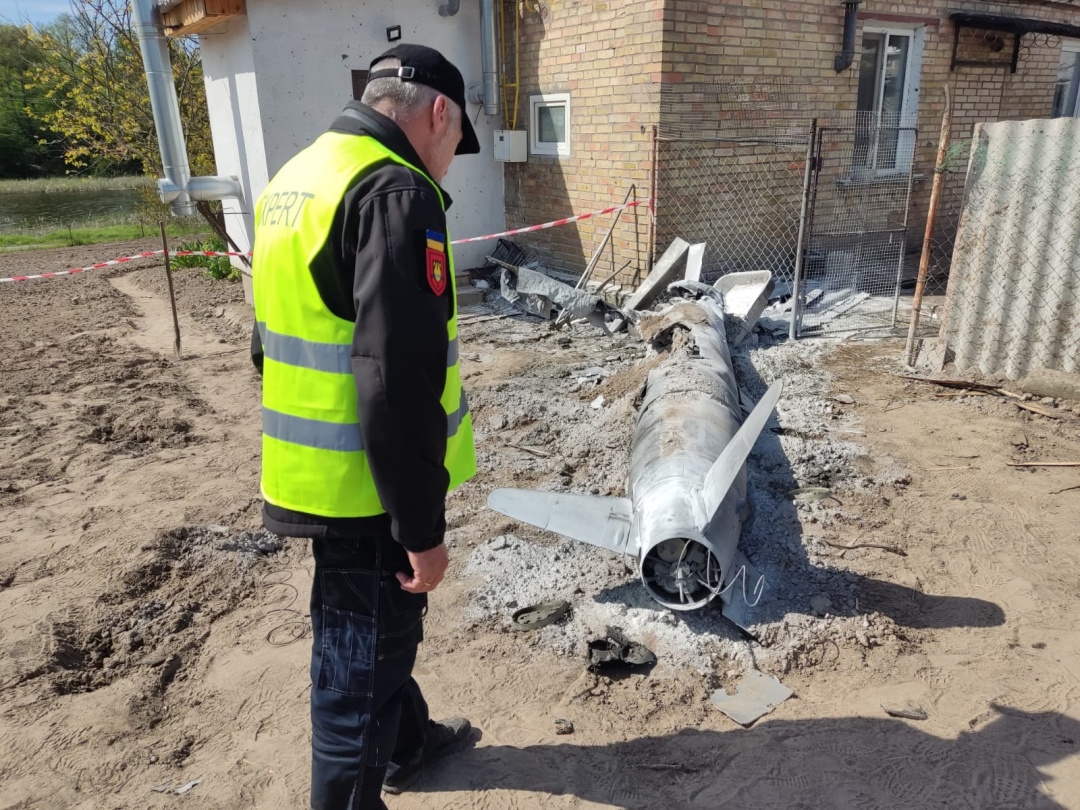
According to him, from February 24, 2022 to the present day, KSRIFE experts have studied almost all types of Russian missiles (Iskander, Kinzhal, Kalibr, X-101, X-55, X-59, etc.) that Russia launches at Ukraine. In addition, the objects of the study are strike unmanned aerial vehicles such as Shahed-136, Shahed-121, as well as reconnaissance drones such as Kartograf, Orlan-10, and Supercam.
This means that all missiles and drones, their main high-tech component, without which they could not exist, are produced not in Russia, but in other countries. We are talking about components of navigation, control, guidance systems, microcircuits, various chips, sensors, boards, etc. Among the manufacturers of such parts are companies from the United States, Germany, Austria, Ireland, Canada, the Netherlands, Taiwan, China, and the list goes on. Russia does not have its own high technologies in the context of the defense industry. Until now, all microelectronics and more important parts have been realized on the basis of foreign-made components," says Ruvin.

He emphasized that Russian weapons are directly dependent on foreign components.
"Without them, they would not be able to continue their terror. In fact, the Russian military-industrial complex now exists on the basis of foreign components," he said.
Ruvin says that most electronic components are not exclusively for military use, meaning that Russians can actually use even chips from modern household appliances in their military equipment.
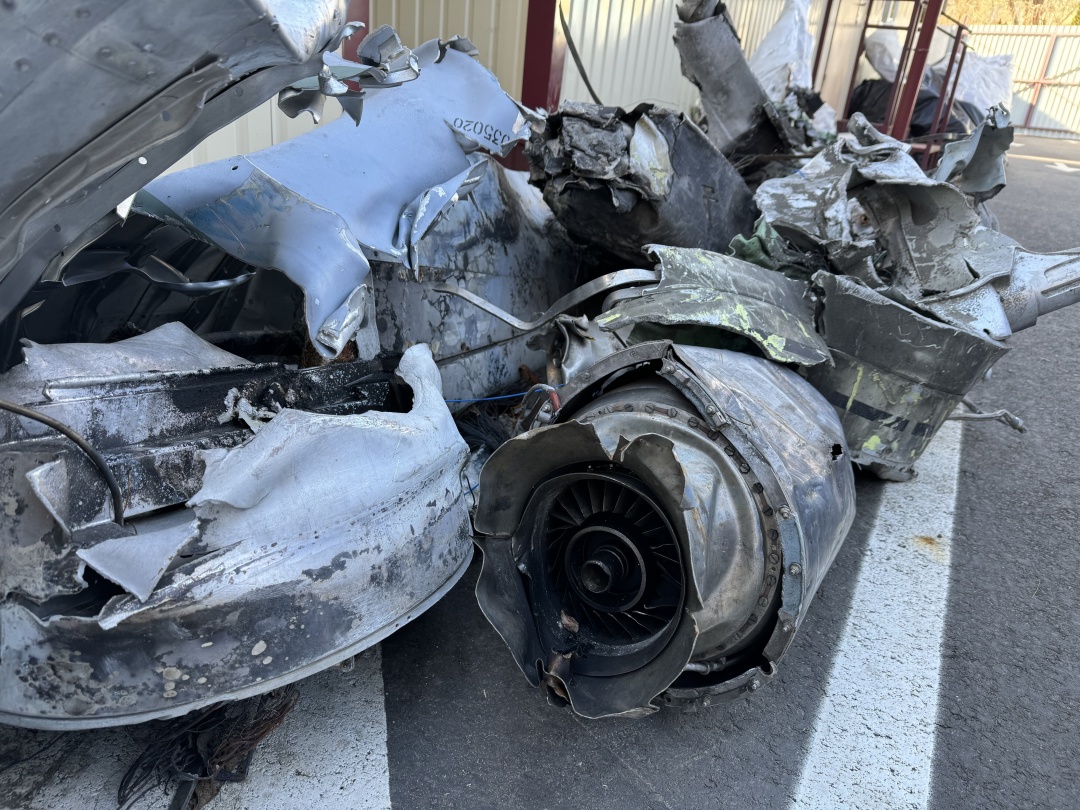
"These are really sophisticated components that can be used in computer technology, network communications, the automotive industry, and other industries. Depending on what mission the user chooses for them, how they are programmed and used, they become either lethal in Russian missiles or part of some modern devices. That is, we cannot rule out the possibility that certain goods are imported for one use and end up being used as components of weapons.
Of course, the Ukrainian side, we, as experts, are trying to monitor all this, identify trends as much as possible, and counteract it as effectively as possible," says the director of Kyiv Scientific Research Institute of Forensic Expertise.
According to him, there are no targeted open supplies of components to Russia.
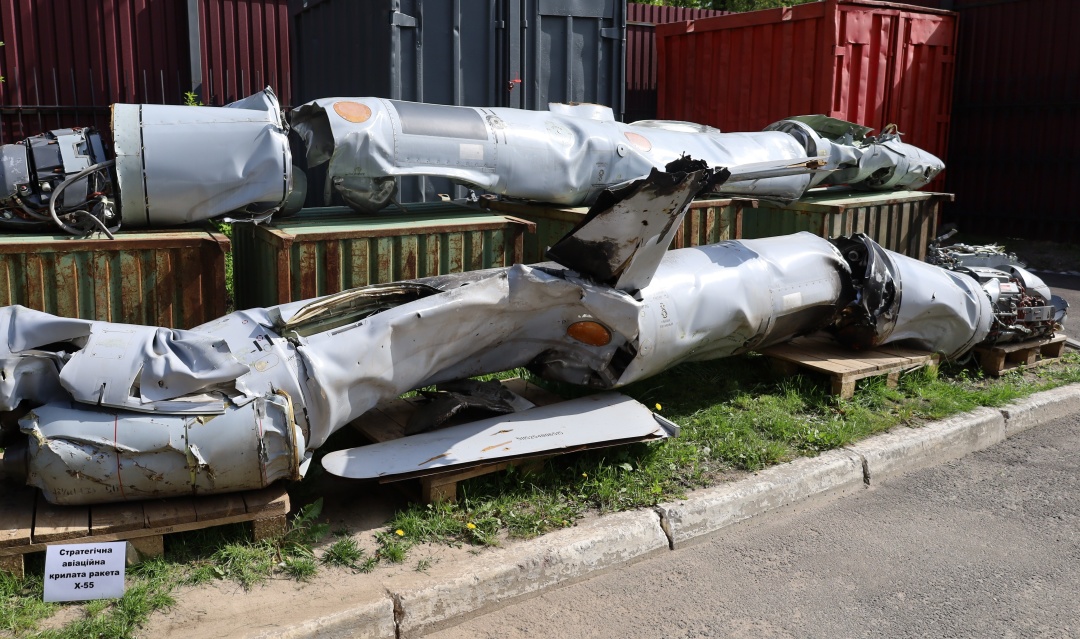
"Everything that comes in is done through illegal methods, mediation by third countries, the use of dual-use goods, etc. In fact, we can see from the configuration of the missiles themselves that there is no single factory type. In a number of similar research objects, missiles of the same type do not have the same set of components in specific systems. Each time they are based on what is available. On certain critical elements, we now see that the markings are being erased in various ways. Presumably, this is to keep the manufacturers secret and prevent the existing supply routes from being blocked," says Ruvin.
FOREIGN HIGH TECHNOLOGIES IN THE RUSSIAN DEFENSE INDUSTRY
There are certain schemes for getting high-tech components into the Russian Federation, despite the sanctions. Russia receives the necessary Western electronics for the manufacture of weapons, in particular, through Turkey, Hong Kong, Morocco, China, and other countries.
Last year, Dutch journalists from the Nieuwsuur program conducted an investigation and found that the Russian military sector provides itself with Western military technology with the help of Compel and WWSemicon, which have offices and warehouses throughout Europe and supply electronics through third countries. The investigation states that the technologies are delivered to the aggressor country through Compel, whose ties extend from Russia to Hong Kong, Slovakia and Germany. The journalists also talk about a transport company in Lithuania, which is used without its knowledge to transport goods needed by Russia, which are stored in warehouses in Eastern Europe.
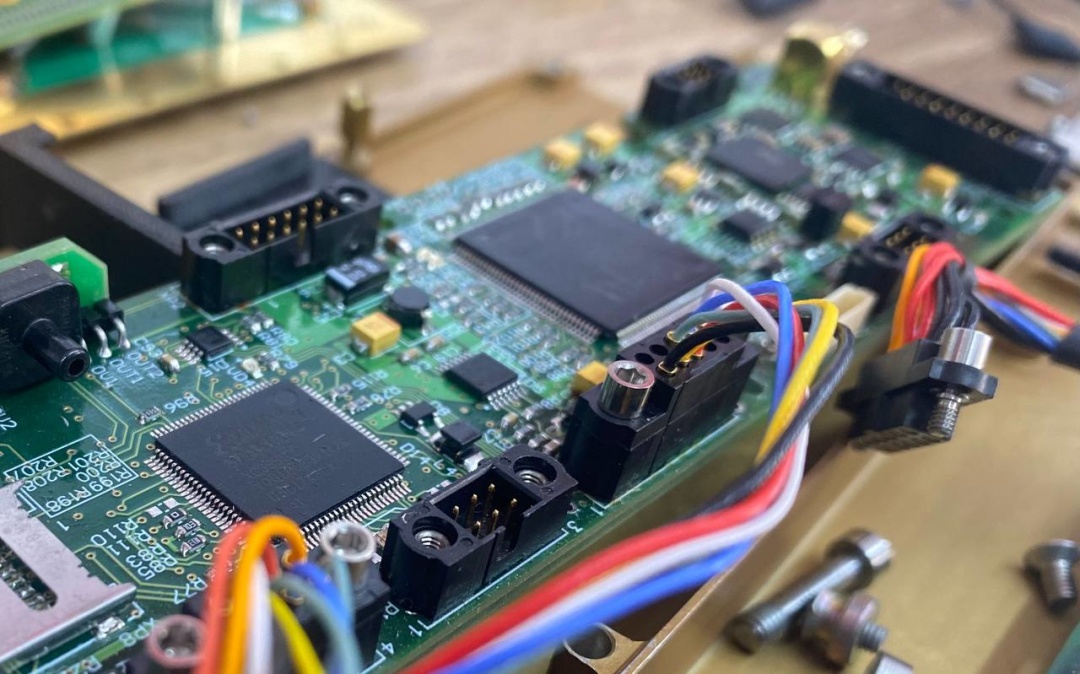
Microchips made by the Dutch companies NXP and Nexperia also continue to be smuggled into Russia despite the sanctions. NXP and Nexperia products have been found in Shahed-136, ZALA, PTERO, Eleron-3SV, Kub, Orlan-10, Takhion, Geranium-2, X-101, Iskander, and Russian T-90 tanks.
According to the UK's Royal United Services Institute, NXP chips were found in 10 of the 27 Russian weapons systems they examined. The companies emphasize that they follow the rules. So it's all the fault of intermediary groups.
It is worth noting that Russians who have been living in the Netherlands for many years also help the Russian Federation to obtain prohibited technologies.
In particular, in January of this year, it became known that three people were detained in the Netherlands on suspicion of circumventing the sanctions imposed by the EU on Russia over its invasion of Ukraine.
Eurojust and Europol supported the coordinated actions of the authorities of the Netherlands, Germany, Latvia, Lithuania and Canada against the violation of export sanctions against Russia. The joint actions resulted in the arrest of three suspects and searches of 14 locations in connection with an investigation into the illegal export of technological and laboratory equipment that could have been used for military purposes.
The investigation, which was launched in late 2023 by the Dutch authorities, led to the uncovering of a network of companies that were used to circumvent the ban on exports to Russia. These companies were centered around a Dutch-registered trading company established in 2017 to import, export and sell electrical and laboratory equipment. This company is managed by an administrator from Russia, who is also the sole shareholder.
Two of the suspects were administrators of the main trading company, and the third was an employee of an external contractor who allegedly knew about the export ban violation.
In a comment to Ukrinform, the Dutch Customs reported that from the beginning of the full-scale war in Ukraine until the end of 2023, criminal proceedings were opened in 66 cases.
Information on the number of cases in the Netherlands directly against Russians living in the country and helping Russia to obtain banned technologies is not disclosed.
"Violation of the 1977 Sanctions Act carries a maximum penalty of six years in prison or a fine of up to 1,030,000 euros," the Dutch customs office said in a comment to Ukrinform.
RUSSIA'S DEPENDENCE ON WESTERN TECHNOLOGIES AND THE 13TH PACKAGE OF SANCTIONS
Russia circumvents sanctions through third countries, for example, through a network of intermediaries in Turkey, Kyrgyzstan, and Kazakhstan, and disguises its activities through shell companies.

Heleen over de Linden, a Dutch lawyer and expert on sanctions against Russia, says it is difficult to verify who the final recipient of the products is.
"Russians are very cunning. They say that they have companies in Kyrgyzstan and Kazakhstan, and then transfer the goods to Russia. It is a big disadvantage that this is possible. But the fact that Russian companies in the EU can no longer start a business and cannot be in the management of a business is a plus," the expert emphasized.
Sanctions against Russia may not be working as well as we would like, but if there were no such restrictions, Russia's access to technology would be much easier. Therefore, they would have produced more missiles.
"The Russian Federation is dependent on Western technology, especially in the production of the relatively modern weapons it has. We see this. Our colleagues who analyze the remnants of their weapons, cruise missiles, drones found in Ukraine, see this. This is indeed a problem, because, on the one hand, the sanctions imposed are relatively effective. At the same time, Russia is constantly finding new ways to circumvent these restrictions. We see that they have the ability to obtain chips. Missiles that have been manufactured within the last six months are flying to Ukraine.
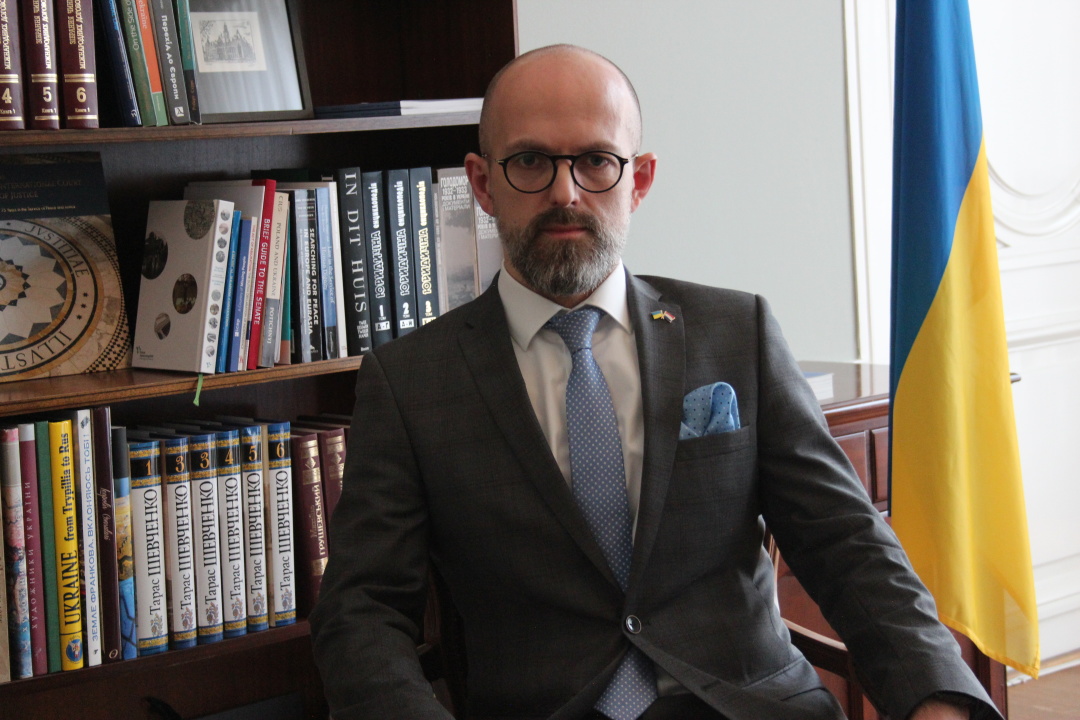
At the same time, we and our partners are working on this. We are now talking about the fact that we may need to apply some new mechanisms to control the entire supply chain of these chips. Because there are such mechanisms for weapons, where the sale of weapons is clearly controlled. And also the movement through possible intermediaries to the final point of receipt. This is not the case with chips, because they are civilian products. At the same time, we have certain ideas, and we are working on them with our partners. But, of course, in parallel, we need to step up our efforts to prevent and work out the mechanisms of sanctions circumvention that the Russians use. Therefore, we need to both prevent sanctions circumvention and work on new mechanisms to control the final destination of chips. It is not easy, it is really difficult. But it is extremely necessary," Ukraine's Ambassador to the Netherlands, Oleksandr Karasevych, told Ukrinform.
Meanwhile, experts from the Kyiv Scientific Research Institute of Forensic Expertise of the Ministry of Justice of Ukraine are working on determining the type of Russian weapons, their technical characteristics, possible attempts at modernization, and the study of its elements. To the extent possible, they are identifying the manufacturers of the parts and the country of origin.
"We provide Ukrainian law enforcement with the fullest possible information on each case of missile attacks. In parallel, we are also conducting extensive analytical work in cooperation with other institutions and agencies. At the state level, this work is carried out to ensure that the data that becomes known in the course of the study is properly analyzed and serves not only as the basis for future court proceedings, but also as an information base at this stage for the formation of further sanctions and sanctions work," Oleksandr Ruvin tells Ukrinform.
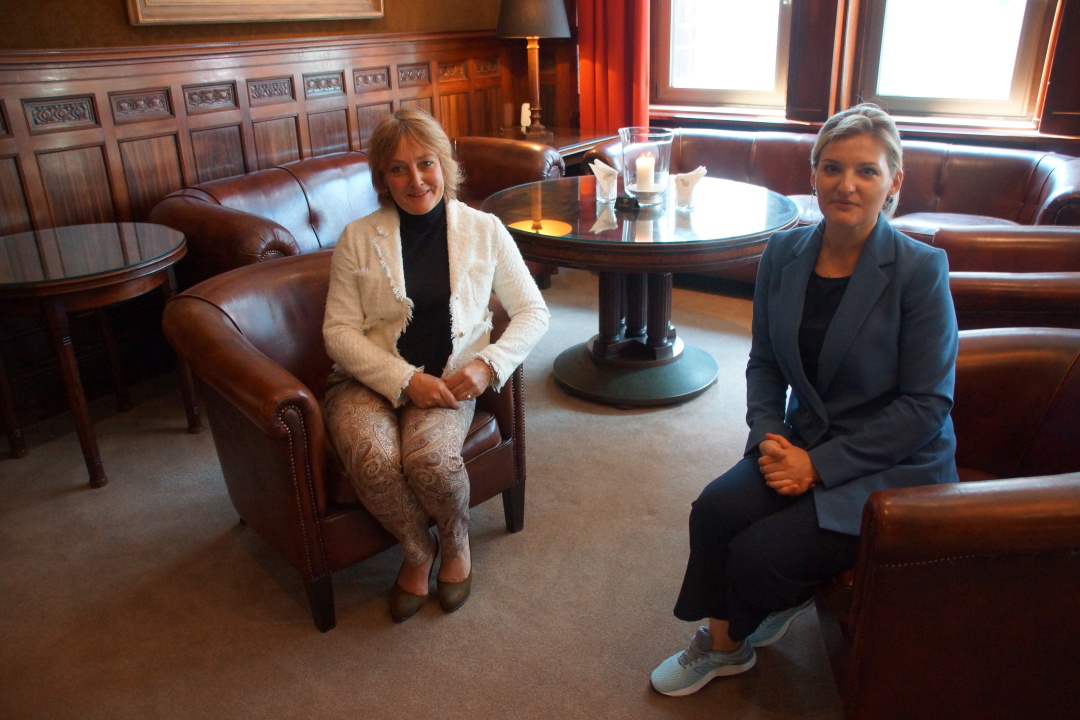
Dutch Foreign Minister Hanke Bruins Slot said that the approved new package of sanctions against Russia includes restrictions on 193 individuals and legal entities.
"As the brutal war against Ukraine enters its third year, the EU is further increasing pressure through the 13th package of sanctions against Russia. I welcome these new sanctions targeting 193 individuals and entities," she said.
Bruins Slot also noted that the sanctions are aimed, in particular, at those involved in the Russian military industry, cyberwarfare, arms supplies from North Korea and the abduction of Ukrainian children.
"We are also imposing export restrictions on 27 companies involved in the circumvention of sanctions," she added.
So, the fight to stop the illegal export of products that Russia can use for weapons production continues. And it will not be easy.
Iryna Drabok, The Hague

